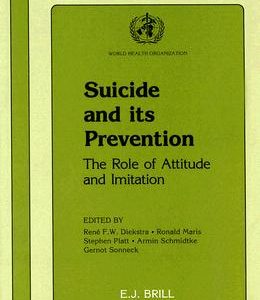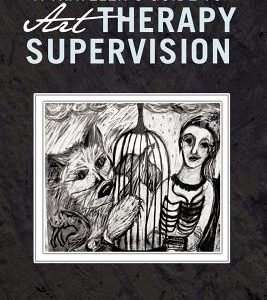Forensic Psychology: The Use of Behavioral Science in Civil and Criminal Justice
$100.76
Description
This textbook is divided into three parts. In the first part, we explore the basics of the behavioral science and law. Part I is designed to be a review of materials with which most students should already be aware. But since people of various disciplinary backgrounds study forensic psychology, it is quite possible that students of law or criminal justice are unfamiliar with the basic paradigms of psychological thought or with the major mental disorders that are most commonly associated with people in the justice system. Accordingly, Part I of this text is designed to bring forensic psychology students from all backgrounds onto a level playing field by providing information about the distinct theories and methods of the behavioral sciences and the law. Part II of this textbook explores the specifics of psychology in the law by examining the specific questions the law poses to the behavioral sciences. Chapters in this part of the book are concerned with important issues surrounding criminal competencies, ranging from the competency to stand trial to the capacity to confess, plead guilty, waive counsel, be sentenced, and be punished. Part III provides an overview of some of the non-judicial areas in which behavioral science and the justice system intersect, such as the psychology of policing, the (un)reliability of eyewitness testimony, the reliability of confessions and interrogations, and the psychology of the jury and its decision-making role. Part III ends with a comprehensive interdisciplinary examination of the psychology of sentencing, punishment, and corrections.
Author: Fradella, Henry F
Topic: Psychology
Media: Book
ISBN: 759367108
Language: English
Pages: 377
Additional information
| Weight | 1.99 lbs |
|---|---|
| Dimensions | 10.69 × 8.43 × 0.88 in |















Reviews
There are no reviews yet.